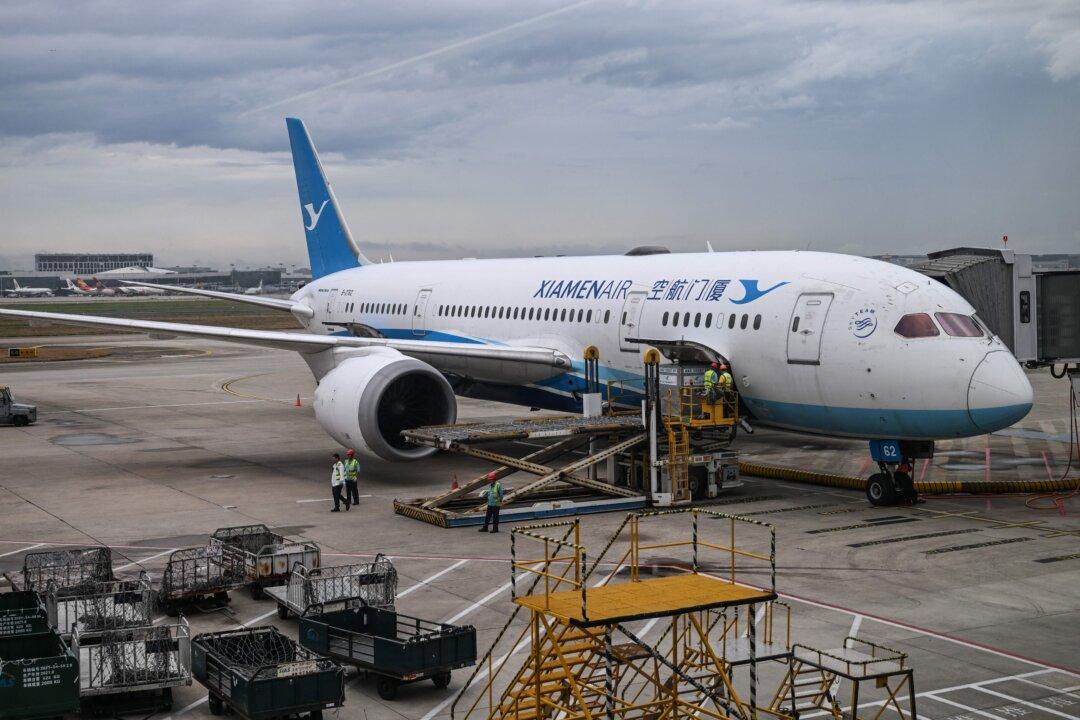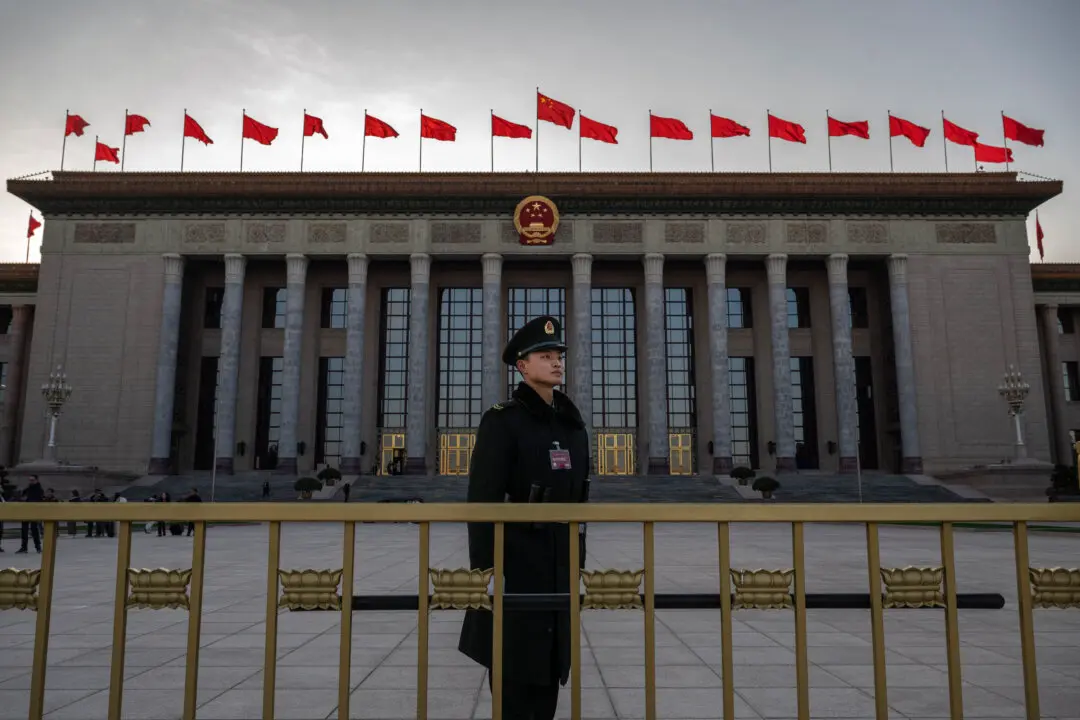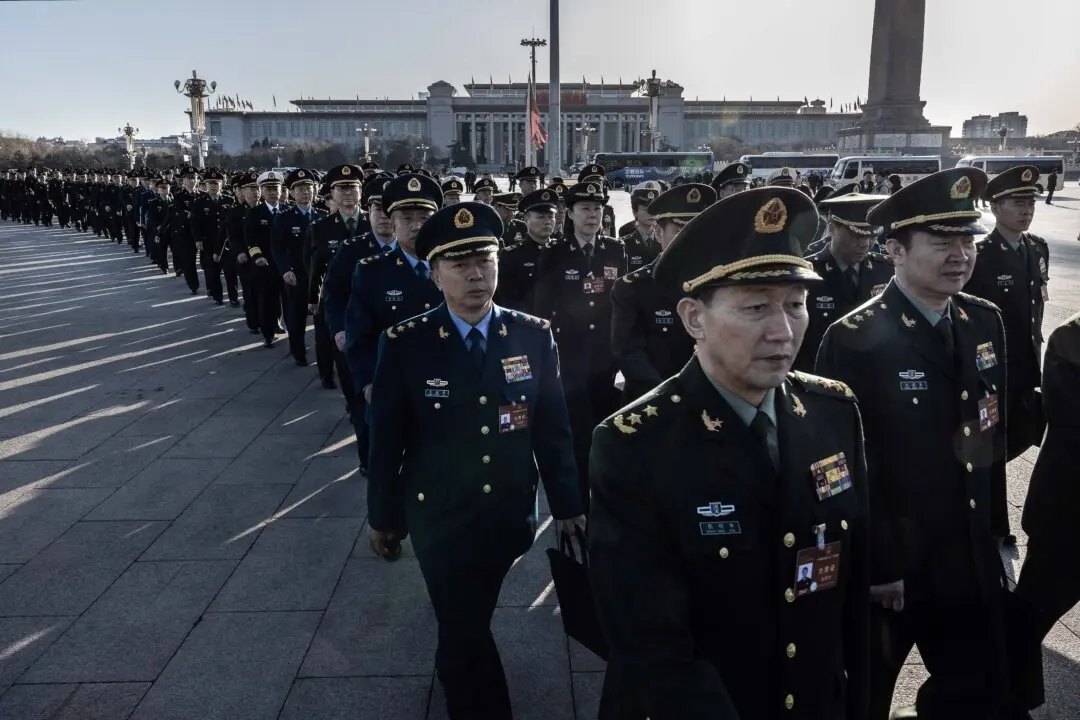China’s commerce ministry said on April 29 that the regime is willing to support normal business cooperation with American companies, days after Chinese airlines canceled Boeing aircraft orders amid a tariff standoff with the United States.
The Chinese commerce ministry also blamed the halt in plane deliveries on U.S. tariff hikes.





